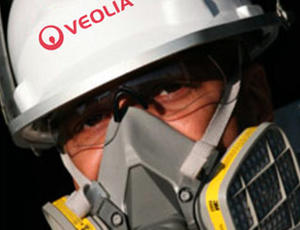The hospitality industry encompasses a wide range of services and activities such as lodging, restaurants, food services and convention centers. Continued efforts to reduce costs through sustainable water and energy conservation and practical waste management helps to reduce resource consumption and address the impact on the environment.
Curbing carbon footprint and improving energy efficiency
Hotel, entertainment and tourism services need to provide customers with high quality, comfortable accommodations while managing considerable lighting, heating and cooling demands. Recently, many hospitality providers have launched energy efficiency programs to reduce carbon emissions and minimize energy costs. As a result, these measures can improve brand distinction and increase profits while maintaining competitive rates.
Waste audits to identify recycling opportunities
With massive numbers of customers, employees and facilities, the hospitality industry is a major consumer of resources and a significant contributor of waste, particularly food waste. Hospitality businesses have begun to recognize the value in reducing consumption and diverting waste from landfills to save on material and disposal costs while potentially generating additional income through recycling methods. By auditing waste streams, these businesses can develop customized recycling solutions for organic, glass, and paper waste that promote environmentalism and create new revenue streams.
Streamlining processes through technical facilities management
Hospitality providers require efficient processes across all levels of facilities management in order to provide guests and customers with satisfactory levels of comfort, service, and safety. Hotel, entertainment, and leisure businesses can derive optimal energy, water and waste system techniques by combining integrated data management with technical operator expertise.
The hospitality industry spends over $7.5B on energy each year and uses up to 15% of the total water taken up by commercial and institutional facilities in the United States.





